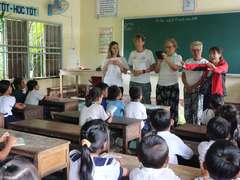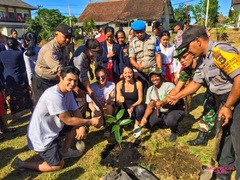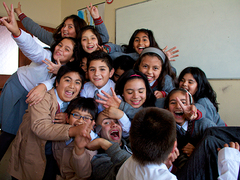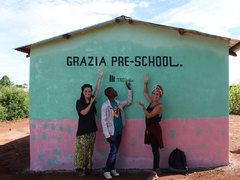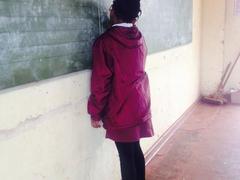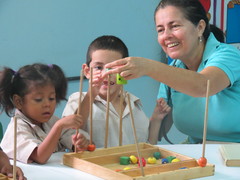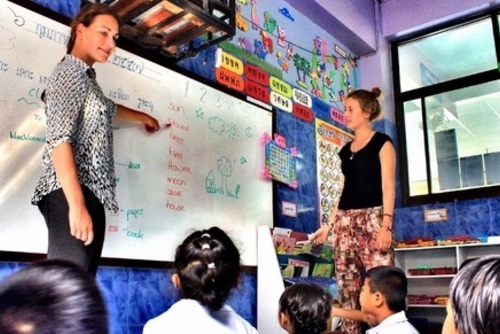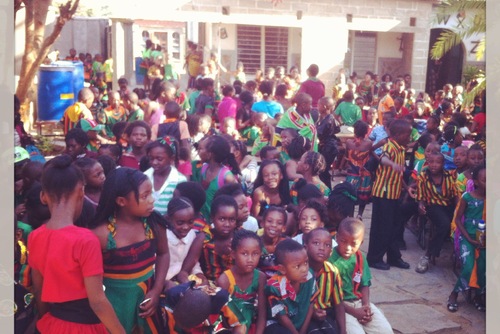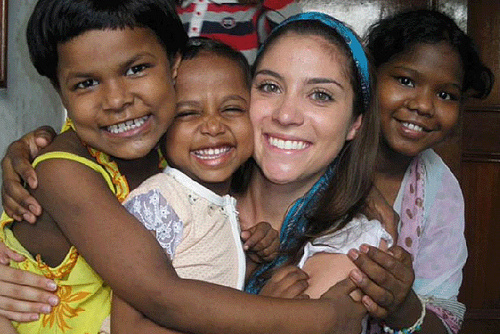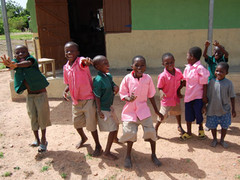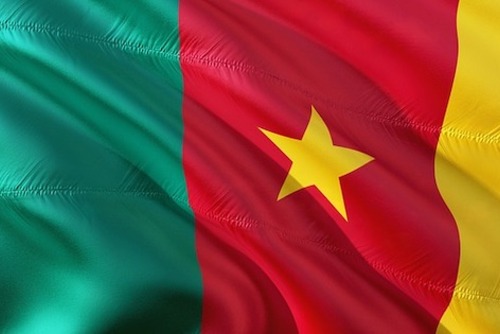MOET accomplishes this by developing objective oriented programs some of which are provision of equal quality primary education and secondary school sponsorships to orphans and vulnerable children. Secondary School Sponsorship is an initial intervention to children graduating from MOET Primary School as MOET future plans are to establish own secondary facility in the target area. Other supporting programs are pre-school education, vocational skills training and development, action on natural medicine and an orphan outreach program. Activities under outreach program are complex and implemented based on need assessment, which is carefully arrived in a participatory manner with communities.
Mangochi Orphan Education and Training (MOET) is an institution that renders philanthropic services to an area covering 30 villages divided among 3 group village headmen (GVHs). The villages form the operation base of the project and have the total population of about 48,000 people (2010 census). The area is in the Central North west of the Mangochi District along the western shores of Lake Malawi en-route to Monkey Bay. The remarkable physical features of the land are the scrubs and grasslands that stretch from the foot of the Hills down to the Lake. There are streams that run down from Mangochi hills through the target area to the Lake Malawi.
The Head Office of the project is in Makawa, Makokola Village T/A Mponda. It is about 30 Kilometers from Mangochi Boma heading Monkey Bay on the road next to Club Makokola junction just after Maldeco Fisheries.
BACKGROUND
Malawi which has a total population of about 14.5 Million still has an HIV transmission prevalence of 11% among adults. Total annual averages of 61,000 deaths occur as a result of AIDS. It is also reported that as the fertility rate is at 5.7% at least an average of 63,000 women who fall pregnant in a year are HIV positive. In as far as HIV transmission rating is concerned, Mangochi District which has a total population of over 900,000 people comes third after the two Districts of Lilongwe and Blantyre.
Mangochi is the District with the lowest rate of literate population especially among vulnerable groups such as women and girls. This is justified by the average Primary School enrolment rate of 50% (DSEP 2010) and the highest dropout rate of all Districts in Malawi. This increases number of illiterate but fertile women with a widened knowledge gap to interpret technical reproductive health intervention such as PTMC and child mortality, family planning, nutrition etc. Clearly there is no need to describe the devastation that AIDS has brought to Africa. It is important to point out that one of the hardest hit countries is the smallest Malawi which also has very limited resources. The country population of HIV and AIDS infected population is currently estimated at an approximate of over 35%.
One consequence of the extremely high prevalence of AIDS is that there are now estimated to be over 300,000 children without parents and the government estimates that this figure will double by the year 2010. In every village you can visit today you will encounter elderly ground parent attempting to raise as many as ten children.
Mangochi Orphan Education and Training (MOET) drew a road map to use in arriving at brightening the future of orphans and vulnerable children as a philosophy to un doing the cycle of deprivation among them. MOET recognize that without a vision people perish.
Mangochi Orphan Education and Training is a community based program. It is established to support the community to meet the needs of orphans. MOET project has been in operation since 2001 and is being carried with involvement of local communities in implementing participatory livelihood support program to sustain the needs of their families.
THE MANGOCHI ORPHAN EDUCATION AND TRAINING (MOET) PROGRAM CONCEPT
Mangochi Orphan Education and Training (MOET) started in 1999 in a grass shelter as a Charity Organization following a village and school survey in March and May of 1999 which showed that orphans of school going age who were in critical condition of lack of proper guardians had completely no privilege and encouragement to education. The high dropout rate of primary school children showed that 70% of them become unreliable family members of the communityMangochi Orphans Education and Training is a Charity Organisation established in 1999 with an aim of providing an equal education opportunity to orphans and vulnerable children. MOET’s mandate for existence is to provide opportunities to marginalised families to achieve a self-reliance family status through engagement of child development in education and life supporting skills. The institution believes that these are critical in achieving a sustainable livelihood in the situation where resources are limited.
AREAS OF INVOLVEMENT
Pre-school and primary Education
A pre-school was initially established followed by primary education institution in 2013 to instil enthusiasm and education interest among children under the age of six. A full primary education facility was in place with an adopted curriculum to foster volunteers’ integration into the Malawi primary education system. The school has a total of 337 pupils. School feeding program is part of MOET’s commitment in providing the basic needs to children in support of education at the institution.
SECONDARY SCHOOL SPONSORSHIPS
Secondary School Sponsorship is an initial intervention to children graduating from MOET primary. MOET has plans to establish its own secondary facility for orphans and vulnerable children in the target area. However, currently, secondary sponsorship is provided to the needy students.
VOCATIONAL SKILL TRAINING AND DEVELOPMENT
Vocational skills training and development was introduced for self reliance and social economic development as an alternative to challenges in continuing with academics. Activities learnt include computer operation, carpentry, sewing, brick lying and cookery.
MOET OUTREACH PROGRAM
In 2005 MOET introduced an outreach arm intended to help communities sustain their livelihood strategies by benefiting on natural resources from the environment. All initiatives use cheap and sustainable methodologies of managing soil and water resources such as permaculture, kitchen gardens and a forestation programs. General resource management is currently implemented to a total of 30 communities located outside the catchment of MOET including the recent extended primary and secondary school sponsorship program.
Activities under outreach program are implemented based on need assessment which is carefully arrived in a participatory manner with communities. MOET developed a curriculum that serves to direct such an interest.
Action on natural medicines (ANAMED)
MOET implements a permaculture program which believes that vegetation has at least more than two purposes. Natural Medicines also have proved to play a very important role in the general human health and livelihood. ANAMED is a component of permaculture that promotes use of natural medicines to benefit from the natural environment.
IRRIGATION AND AQUACULTURE
MOET decided to establish an irrigation facility in 2012 to diversify food crops production in order to cushion expenditures and achieve sustainable supply to orphans and vulnerable children kept at its School. It was also considered that the scheme act as a training ground for communities to learn soil and water conservation techniques which is critical in an environment where people are relying more on organic fertilisers and where rainfall distribution is erratic and short.


